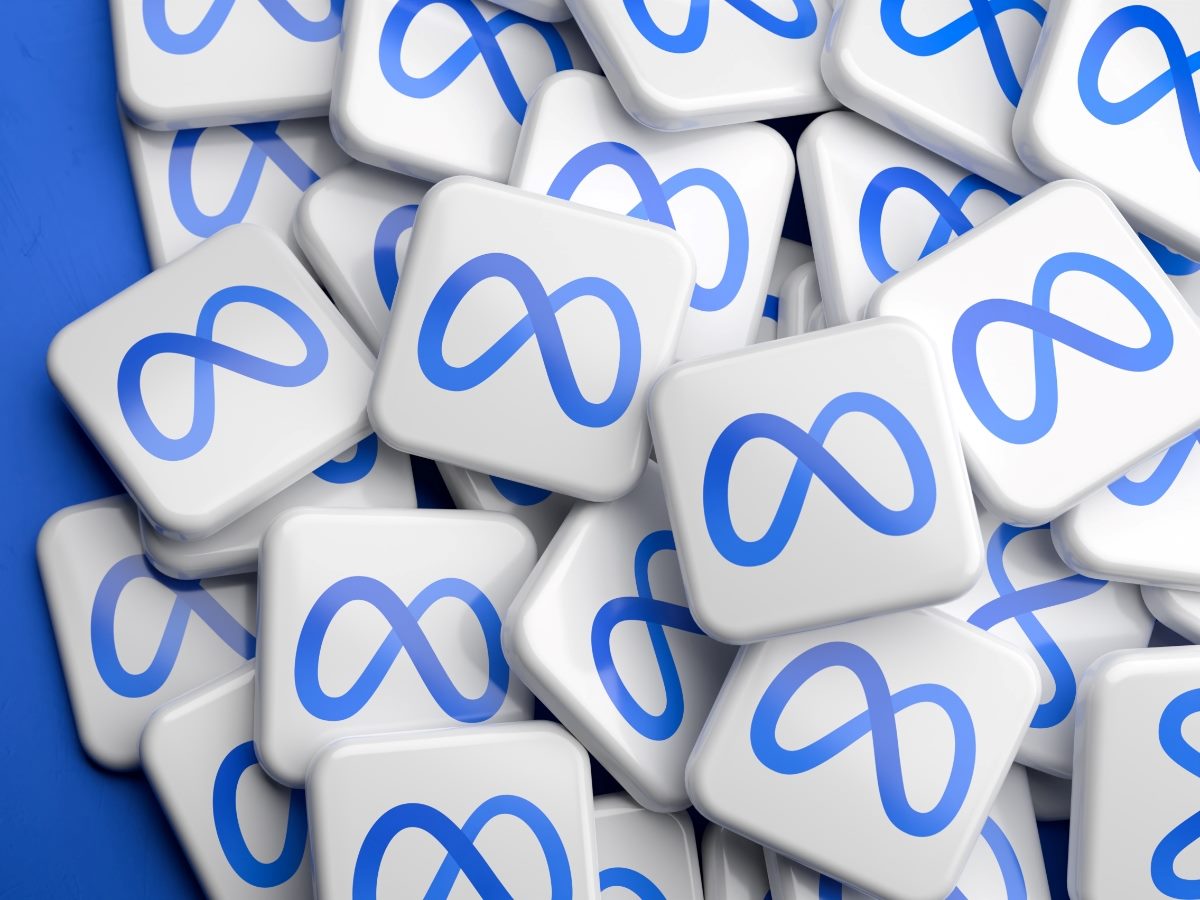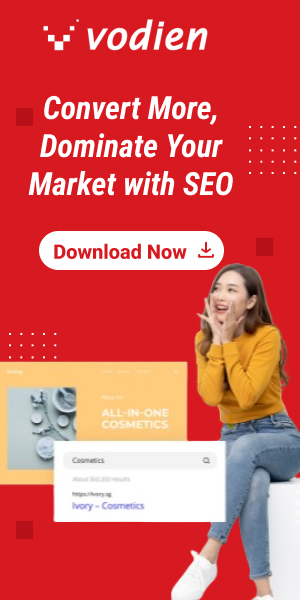Meta Faces Potential Breakup: What This Means for Marketers
The digital marketing world is bracing for potential changes as Meta, the parent company of Facebook, Instagram, and WhatsApp, faces legal pressures that could lead to a breakup of its platforms. A court-ordered separation of these social media giants would have significant implications for advertisers, platform features, and access to customer data.
As antitrust scrutiny intensifies, marketers must prepare for a scenario where these platforms operate independently. Understanding the consequences of such a move is crucial for adapting strategies and maintaining effective outreach.
Understanding the Legal Context
The possibility of Meta being forced to divest Instagram and WhatsApp stems from ongoing antitrust actions by the Federal Trade Commission (FTC) and other regulatory bodies. These agencies argue that Meta’s acquisitions of Instagram in 2012 and WhatsApp in 2014 stifled competition in the social media landscape.
Although Meta is contesting these claims, the outcome of the legal proceedings remains uncertain. If regulators succeed, Meta could be compelled to unwind its acquisitions, creating three distinct companies.
Implications for Digital Advertising
A breakup would significantly impact the digital advertising ecosystem. Currently, Meta offers advertisers a unified platform to run campaigns across Facebook, Instagram, and WhatsApp. This integrated approach streamlines ad creation, targeting, and analytics.
If the platforms are separated, advertisers would need to manage campaigns across multiple interfaces. This fragmentation could increase complexity, reduce efficiency, and require marketers to invest in new tools and resources to maintain performance levels.
Moreover, the ability to cross-share user data—critical for targeting and personalization—could be restricted. Without access to a centralized data pool, advertisers might face reduced precision in reaching their audiences.
Impact on Platform Features and Integration
Meta has invested heavily in integrating features across its platforms. For example, users can message across Facebook Messenger, Instagram Direct, and WhatsApp. Businesses also benefit from unified commerce tools and cross-posting capabilities.
A breakup would likely dismantle these integrations, forcing users and businesses to navigate separate ecosystems. This could lead to user frustration and decreased engagement, affecting both organic reach and paid performance.
Additionally, developers and third-party platforms that rely on Meta’s APIs might need to adapt to different sets of standards and protocols, increasing technical overhead.
Data Privacy and Compliance Challenges
One of the key concerns following a potential breakup is data privacy. Currently, Meta centralizes user data across its platforms to ensure compliance with regulations like GDPR and CCPA. If the platforms become independent, each entity would need to develop its own compliance mechanisms.
This shift could create inconsistencies in data handling and increase the risk of non-compliance. Marketers would need to revisit their data strategies to ensure alignment with each platform’s privacy policies.
Preparing Your Marketing Strategy
To prepare for a possible platform split, businesses should consider several proactive steps:
- Audit Current Dependencies: Identify how much of your marketing strategy relies on Meta’s integrated tools.
- Diversify Ad Spend: Explore alternative platforms such as TikTok, LinkedIn, Snapchat, and Google Ads to reduce reliance on Meta.
- Strengthen Owned Media: Invest in email marketing, SEO, and content marketing to maintain direct customer relationships.
- Enhance Data Practices: Focus on first-party data collection and clean data management to adapt to future privacy shifts.
- Stay Informed: Monitor legal developments and industry trends to anticipate changes and adjust strategies accordingly.
Opportunities Amidst Disruption
While a breakup may pose challenges, it could also present new opportunities. Independent platforms might innovate more rapidly without corporate constraints. Marketers could benefit from more tailored tools and services specific to each platform’s audience and strengths.
Furthermore, increased competition in the social media space could lead to better pricing, improved performance metrics, and more diverse advertising options.
Conclusion
The potential breakup of Meta’s platforms represents a pivotal moment for digital marketing. Although the outcome remains uncertain, preparing now can help businesses navigate the transition smoothly. By adapting strategies, embracing diversification, and prioritizing data integrity, marketers can position themselves for success in a post-Meta-integrated world.
This article is inspired by content from CMSWire. It has been rephrased for originality. Images are credited to the original source.












Leave a Reply